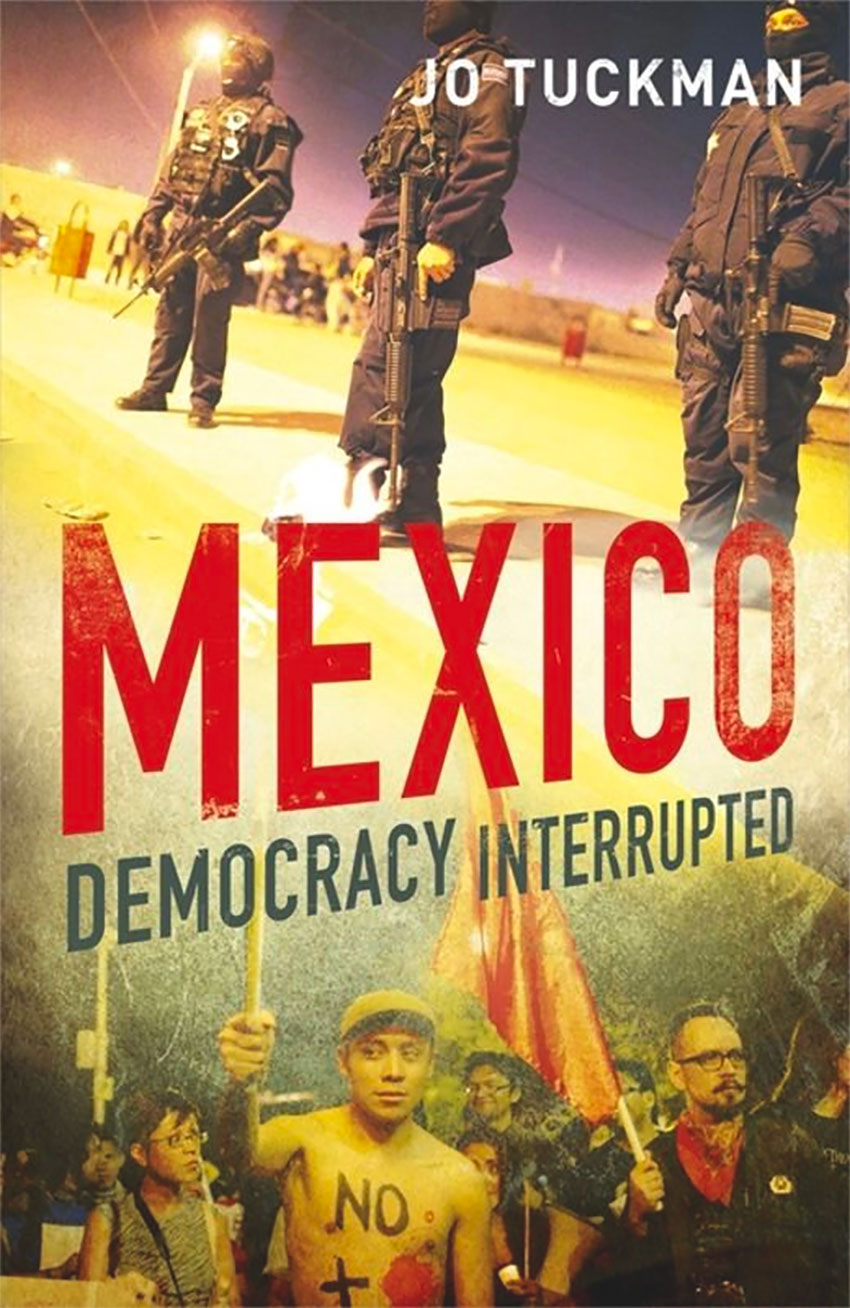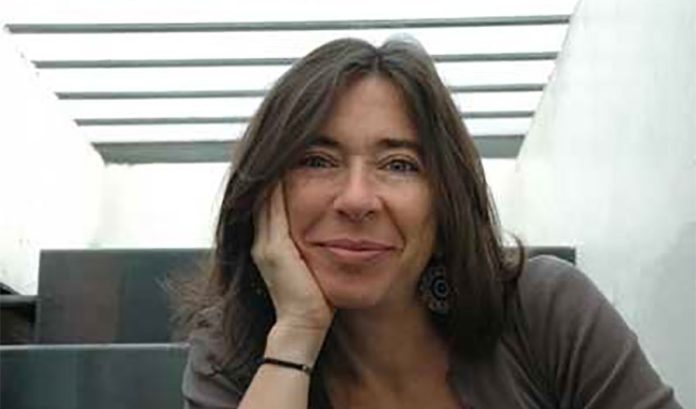When British journalist Jo Tuckman was diagnosed with cancer last year, friends told her to leave Mexico and go back to England for medical care, but the longtime Guardian writer refused, saying Mexico was her home, according to friend Marion Lloyd.
“She absolutely loved Mexico,” Lloyd told The Guardian after Tuckman’s death last Thursday.
Tuckman, 53, who had been undergoing cancer treatments since her diagnosis, died in the Mexico City home where she conducted one of her last interviews for The Guardian — that of exiled Bolivian president Evo Morales.
The newspaper’s international editor, Martin Hodgson, said in an obituary published on Friday that Tuckman had a deep understanding of her adoptive country “but never lost her capacity to be surprised, outraged, and enchanted by it.”
Well respected not only by her foreign correspondent colleagues but also by Mexican journalists, Tuckman covered some of Mexico’s most iconic news stories for The Guardian and also served as Latin American bureau chief for Vice News. Born in 1967 in London, she studied social anthropology at the University of Edinburgh and first worked in Guatemala and Spain, for the Associated Press, before coming to Mexico in 2000, just as Mexico was holding its first truly democratic elections in 70 years.

Among the many topics she covered in her 30-year career were the Zapatista rebels, Mexico’s drug wars, deadly attacks on journalists, and stories of Central American and African migrants trying to migrate to the U.S. In 2012, she wrote a piece that appeared to confirm longstanding accusations of biased media coverage of the country’s politicians.
Her book, Democracy Interrupted, which chronicled the country’s shift from decades of one-party rule to true democracy, is considered a must-read by many foreign correspondents in Mexico.
Mexican journalist Jenaro Villamil, a journalist who has worked for El Financiero, Proceso, and La Jornada, called her book “one of the best sociological texts about Mexico’s failed democratic transitions.”
On Twitter Thursday, Mexico City-based New York Times journalist Ioan Grillo said of Tuckman, “When I started here in 2001, she was a guiding light, and her body of work for The Guardian is a document of Mexico in these turbulent decades.”
Though best known for her political coverage of Mexico and Latin America, Tuckman also wrote passionate, in-depth stories about social issues and the daily life of average people here, according to a tribute to Tuckman published online Friday by the Coalition for Women in Journalism.
Some of her most memorable nonpolitical stories were about patients crossing the Atlantic looking for cancer treatments in Tijuana to stories and about LGBTI persons in Central and South America, it said.
“Jo was a wonderful colleague and was a great support to fellow journalists,” coalition founder Kiran Nazish said. “When I arrived in Mexico in 2016, she shared a great deal of knowledge with me. To share one’s expertise of a region one had spent their life understanding is very generous for a reporter. Jo was a sharp and realistic journalist, and it’s a heartbreak to know she had to go so soon.”
Tuckman is survived by her father, sister, and two children.
Sources: The Guardian (en)
